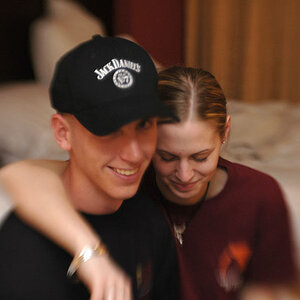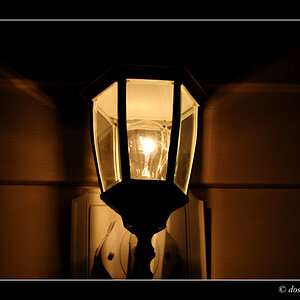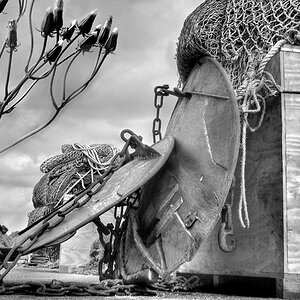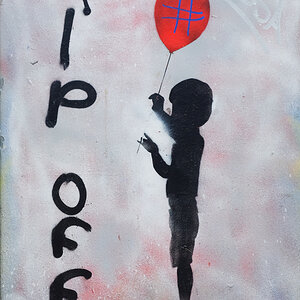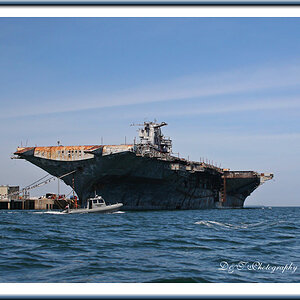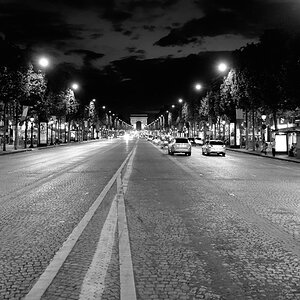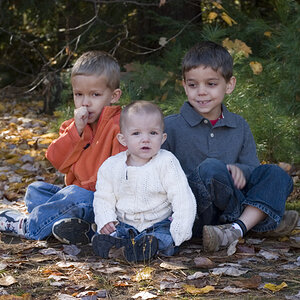Kristen6877
TPF Noob!
- Joined
- Feb 4, 2007
- Messages
- 157
- Reaction score
- 0
- Location
- Honolulu, HI
- Website
- www.kristenmartin.net
- Can others edit my Photos
- Photos OK to edit
Aloha,
I need some help syncing my flash. I was going through the manual of my Nikon D200 and messing with the settings (its a new camera for me). I was trying all of the different options in the manual and I changed something and I can't figure out what it is!!! I have a 420EX flash and now when I use the flash the picture is REALLY white/bright. If anyone has experience with Nikon D200 or knows anything about what I need to do to try to remedy the situation I would greatly appreciate it. I know the flash syncs with the camera because I used it for a few weeks with no problem and I didn't have the problem until about 2 weeks ago - after I played will all of the settings. Any help would be greatly appreciated!
Mahalo, Kristen :hail:
:hail: 
I need some help syncing my flash. I was going through the manual of my Nikon D200 and messing with the settings (its a new camera for me). I was trying all of the different options in the manual and I changed something and I can't figure out what it is!!! I have a 420EX flash and now when I use the flash the picture is REALLY white/bright. If anyone has experience with Nikon D200 or knows anything about what I need to do to try to remedy the situation I would greatly appreciate it. I know the flash syncs with the camera because I used it for a few weeks with no problem and I didn't have the problem until about 2 weeks ago - after I played will all of the settings. Any help would be greatly appreciated!
Mahalo, Kristen
 :hail:
:hail: 




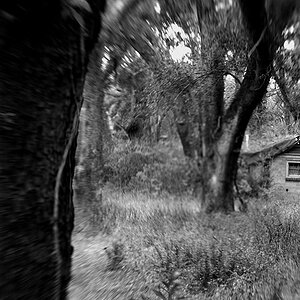
![[No title]](/data/xfmg/thumbnail/39/39491-353a6df9b207e97dadcdce4f98248fcd.jpg?1619739051)
